Navigating the World: A Comprehensive Look at GPS Locator Maps
Related Articles: Navigating the World: A Comprehensive Look at GPS Locator Maps
Introduction
With great pleasure, we will explore the intriguing topic related to Navigating the World: A Comprehensive Look at GPS Locator Maps. Let’s weave interesting information and offer fresh perspectives to the readers.
Table of Content
Navigating the World: A Comprehensive Look at GPS Locator Maps
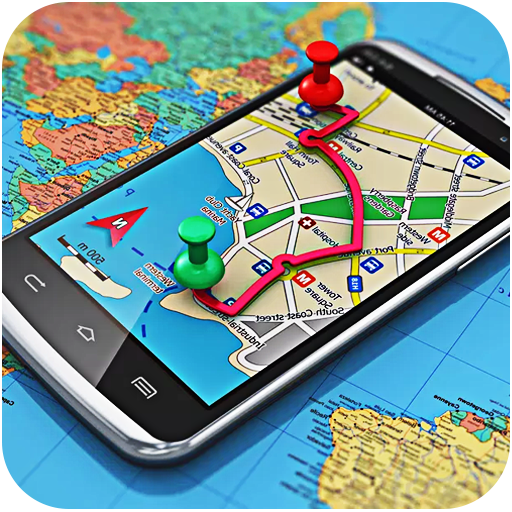
GPS locator maps have become an indispensable tool in our modern world, seamlessly weaving their way into our daily lives. This technology, built upon the foundation of the Global Positioning System (GPS), provides accurate location information, facilitating navigation, tracking, and a wide array of applications that enhance safety, efficiency, and convenience.
Understanding the Fundamentals of GPS Locator Maps
At its core, a GPS locator map relies on a network of satellites orbiting Earth. These satellites continuously transmit radio signals carrying precise time and location data. GPS receivers, whether in smartphones, vehicles, or dedicated devices, pick up these signals and use triangulation to determine their exact position. This intricate process translates into the familiar maps we see on our devices, displaying our location and guiding us to our desired destinations.
The Importance of GPS Locator Maps: A Multifaceted Tool
GPS locator maps have transcended their role as mere navigation tools, evolving into a versatile technology with far-reaching applications:
1. Navigation and Route Optimization:
- Real-time Navigation: GPS locator maps provide turn-by-turn directions, guiding users through unfamiliar streets and complex routes with ease.
- Traffic Updates: By incorporating real-time traffic data, GPS maps help users avoid congestion, optimizing travel time and reducing stress.
- Alternative Routes: When encountering road closures or unexpected delays, GPS maps offer alternative routes, ensuring a smooth and efficient journey.
2. Asset Tracking and Management:
- Fleet Management: Businesses can utilize GPS locator maps to track their vehicles, monitor driver behavior, optimize routes, and enhance fuel efficiency.
- Inventory Tracking: Companies can track the movement of valuable assets, ensuring their security and optimizing logistics processes.
- Personal Asset Tracking: Individuals can track personal belongings like luggage, pets, or valuable items, providing peace of mind and facilitating recovery in case of loss or theft.
3. Personal Safety and Emergency Response:
- Emergency Services: GPS locator maps facilitate rapid response by emergency services, enabling accurate location identification and efficient dispatch.
- Personal Safety Apps: These apps leverage GPS technology to provide safety features such as SOS alerts, location sharing with trusted contacts, and tracking capabilities in emergencies.
- Lost Person Search: GPS locator maps are invaluable in search and rescue operations, enabling faster and more efficient location of missing individuals.
4. Mapping and Geographic Information Systems (GIS):
- Data Visualization: GPS locator maps serve as a foundation for GIS applications, enabling visualization and analysis of geographical data.
- Environmental Monitoring: GPS data helps track environmental changes, monitor wildlife populations, and map natural resources.
- Urban Planning: GPS maps support urban planning initiatives, facilitating infrastructure development, traffic management, and resource allocation.
5. Beyond Navigation: Emerging Applications:
- Augmented Reality (AR): GPS data integrates with AR applications, overlaying virtual information onto the real world, enriching user experiences.
- Location-Based Services (LBS): GPS technology powers a range of LBS, including social media check-ins, personalized recommendations, and proximity-based marketing.
- Internet of Things (IoT): GPS is integrated into IoT devices, enabling tracking and remote control of smart home appliances, vehicles, and other connected devices.
Frequently Asked Questions about GPS Locator Maps:
1. How accurate are GPS locator maps?
GPS accuracy is influenced by several factors, including satellite visibility, atmospheric conditions, and the quality of the GPS receiver. Generally, GPS locator maps offer accuracy within a few meters, but in urban areas with tall buildings or dense foliage, accuracy can be reduced.
2. What are the limitations of GPS locator maps?
While GPS locator maps offer significant advantages, they are not without limitations.
- Signal Interference: GPS signals can be blocked by dense foliage, tall buildings, or atmospheric conditions, potentially leading to inaccurate location readings.
- Privacy Concerns: The use of GPS tracking raises privacy concerns, as it allows individuals or organizations to monitor location data.
- Dependence on Network Connectivity: Some GPS locator map features, such as traffic updates and real-time navigation, require a stable internet connection.
3. How can I enhance the accuracy of my GPS locator map?
To improve GPS accuracy, consider the following:
- Ensure Clear Satellite Visibility: Avoid using GPS in areas with significant signal interference, such as dense forests or underground parking garages.
- Calibrate Your GPS Receiver: Regularly calibrate your GPS receiver to ensure accurate readings.
- Use a High-Quality GPS Receiver: Invest in a GPS receiver with high sensitivity and accuracy.
Tips for Using GPS Locator Maps Effectively:
1. Choose the Right App: Select a GPS locator map app that aligns with your specific needs, offering features like traffic updates, offline maps, and personalized routing options.
2. Plan Your Route in Advance: Before embarking on a journey, use your GPS locator map to plan your route, considering potential road closures, traffic patterns, and estimated travel time.
3. Stay Aware of Your Surroundings: While GPS locator maps are invaluable, they should not replace common sense and situational awareness. Always be mindful of your surroundings and follow traffic regulations.
4. Regularly Update Your Maps: Ensure your GPS locator map app is up-to-date with the latest road information, points of interest, and traffic data.
5. Utilize Advanced Features: Explore the advanced features of your GPS locator map app, such as voice commands, lane guidance, and pedestrian navigation, to enhance your experience.
Conclusion:
GPS locator maps have revolutionized navigation, asset tracking, and personal safety. Their versatility and constant evolution continue to expand their applications, shaping how we interact with the world around us. By understanding the fundamentals of GPS technology and utilizing its capabilities effectively, individuals and organizations can leverage this powerful tool to enhance efficiency, safety, and convenience in countless ways.
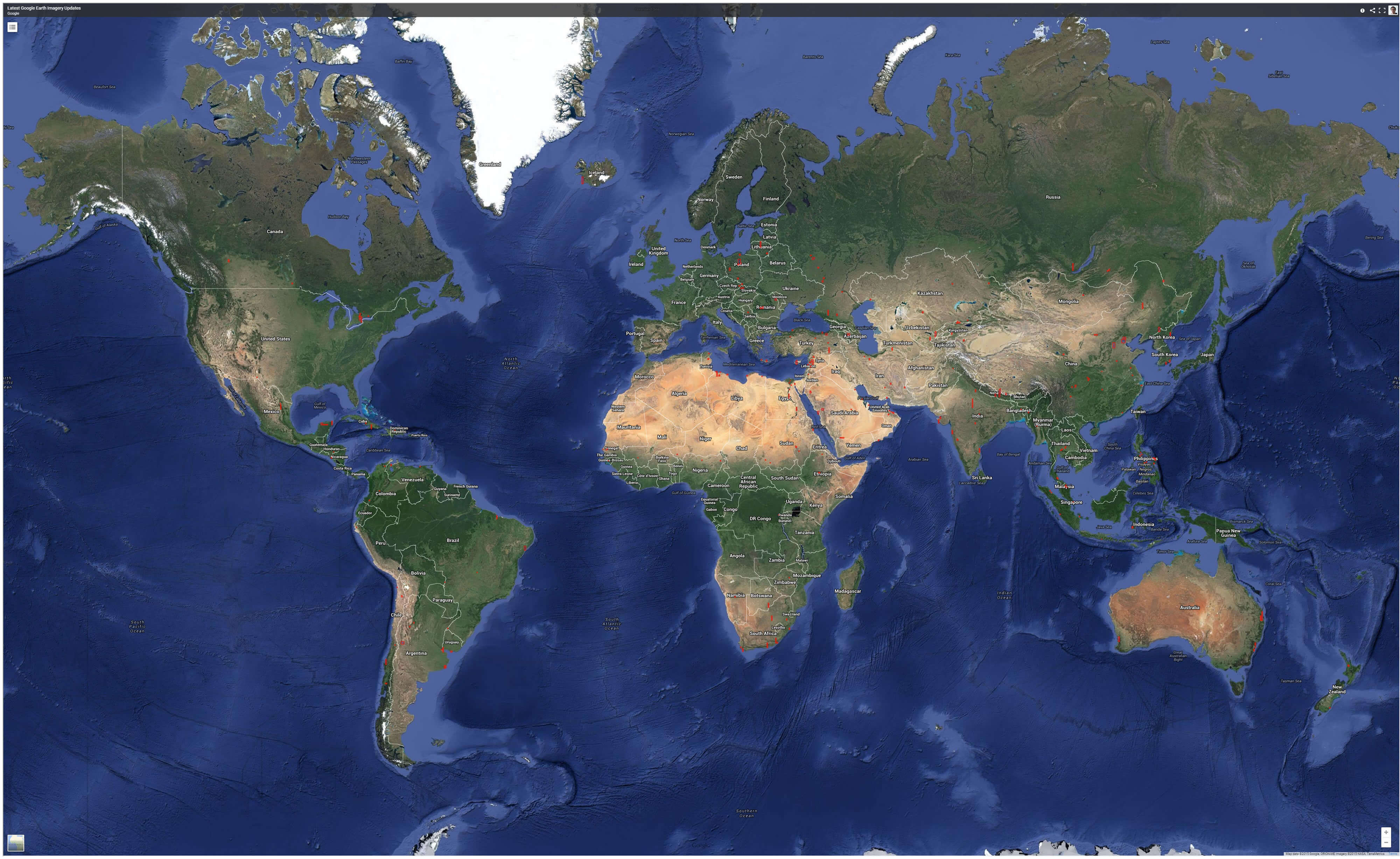
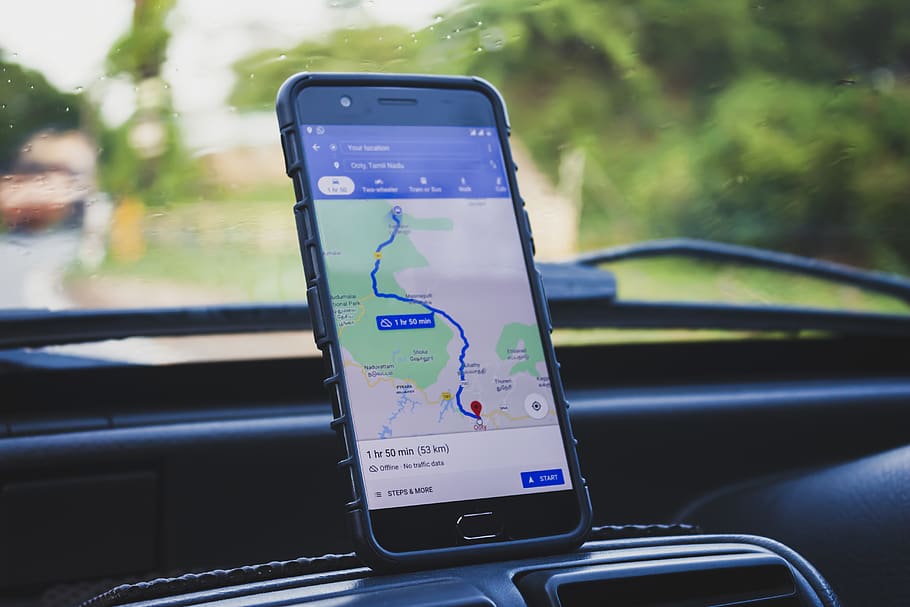


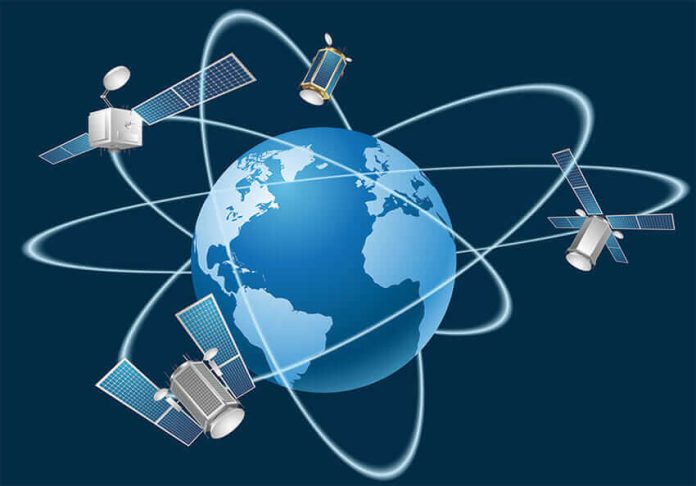
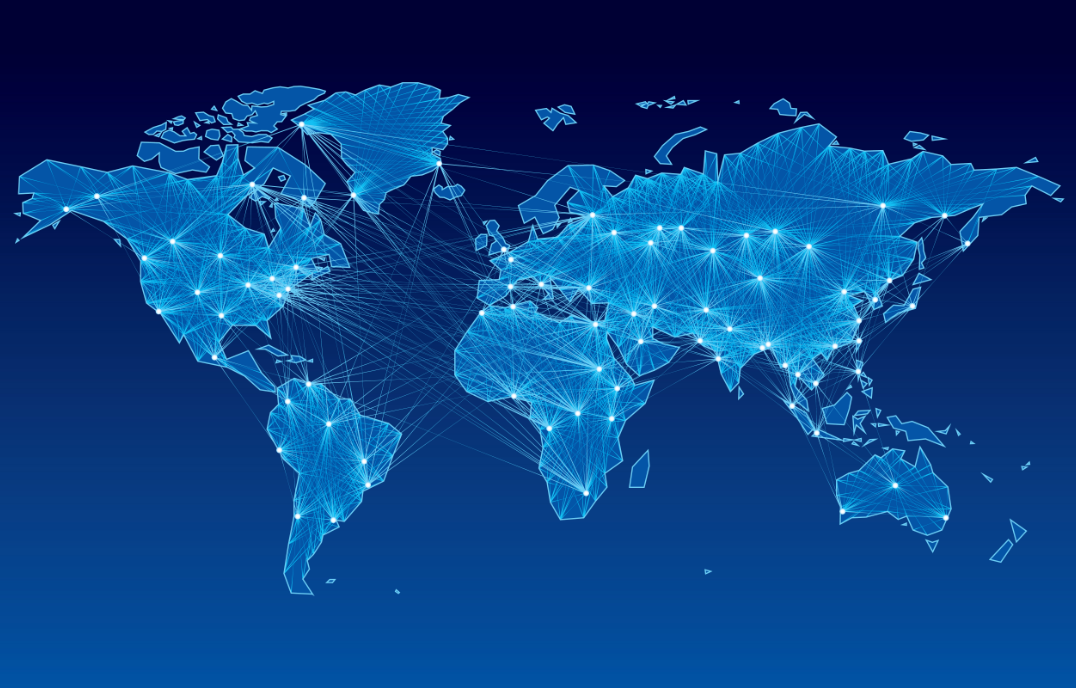
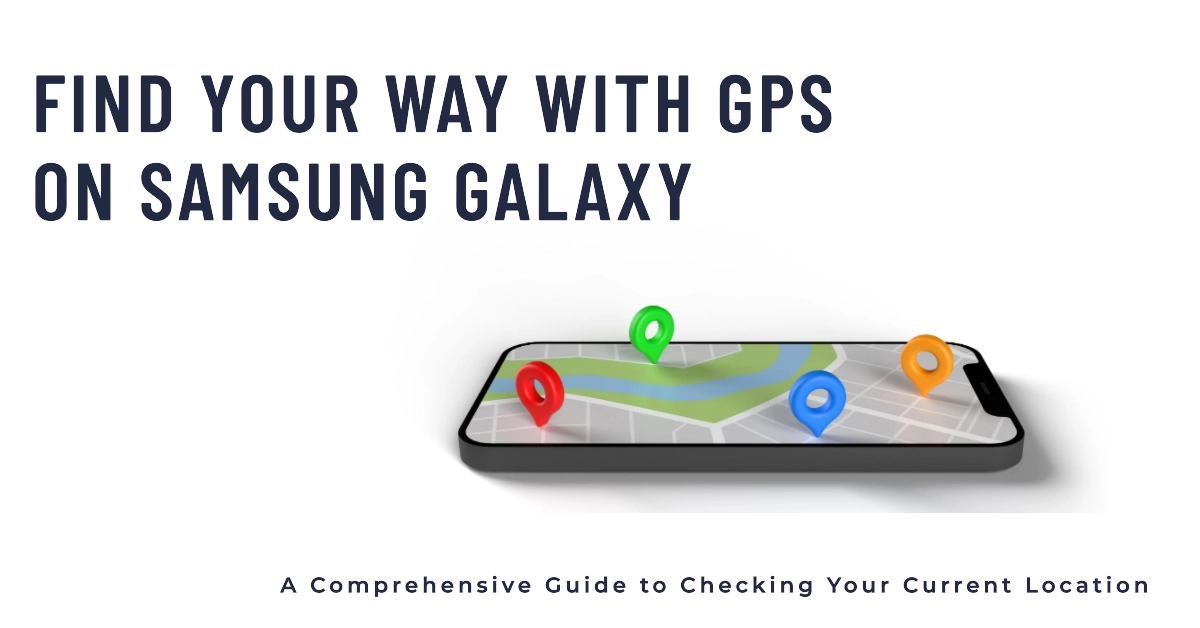
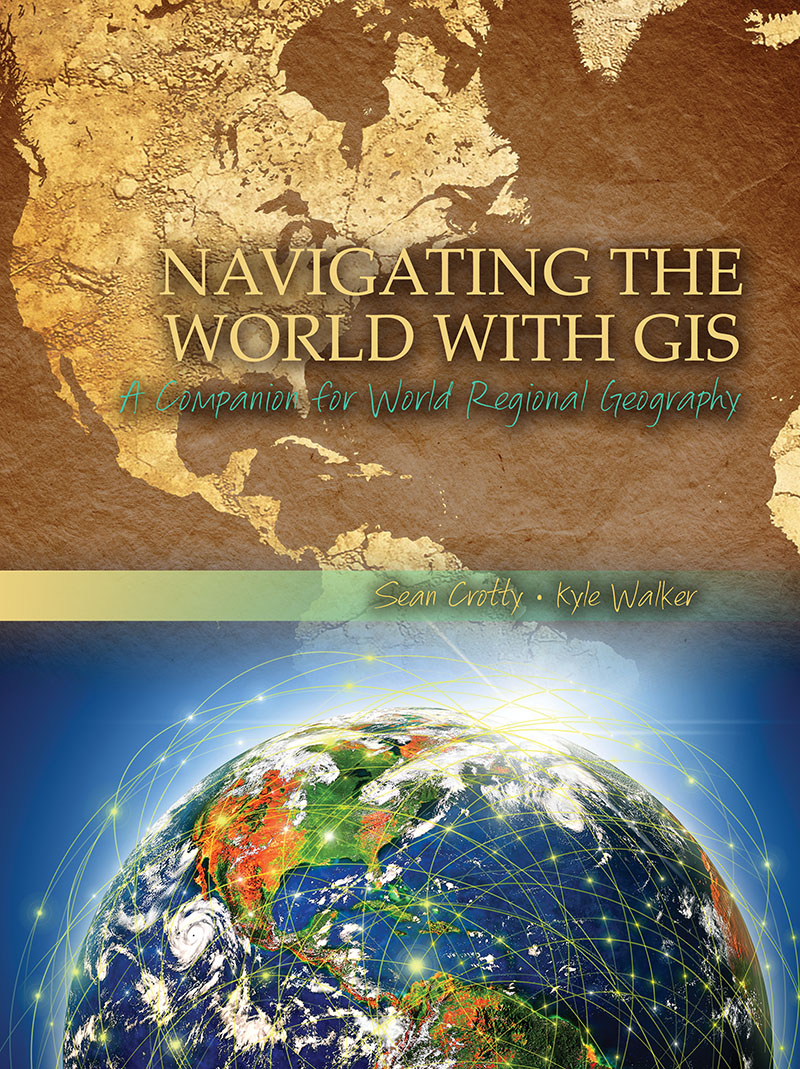
Closure
Thus, we hope this article has provided valuable insights into Navigating the World: A Comprehensive Look at GPS Locator Maps. We hope you find this article informative and beneficial. See you in our next article!